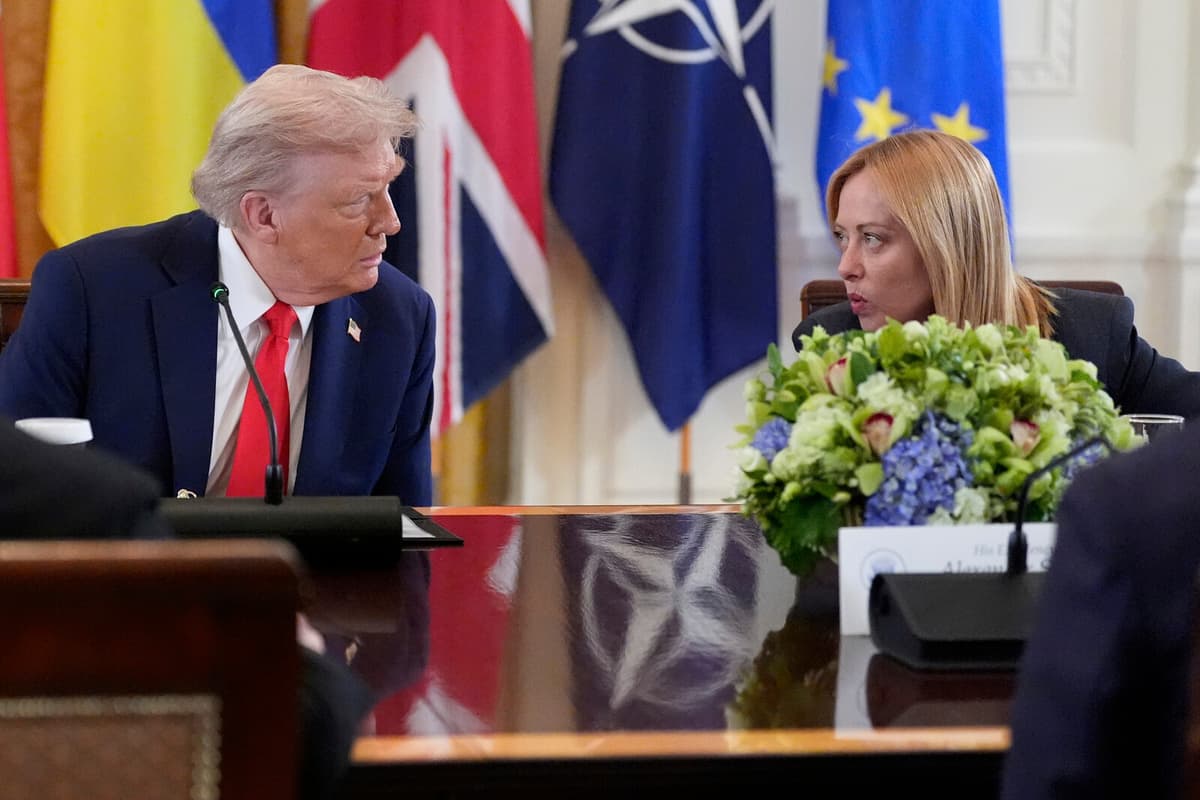Medicines and semiconductors from EU countries should not get higher tariffs than 15 percent, the White House announces in its statement. A big difference compared to the high tariffs of 250 percent for medicines that Donald Trump previously threatened with. Generic medicines – that is, those whose patents have expired – can get even lower tariffs, around 0 to 2 percent.
We welcome it, but 15 percent is still high and the danger is not over, says Sofia Wallström, CEO of Lif, the industry organization for the research-based pharmaceutical companies, to TT.
The biggest threat is about the US paying a large part of the development of medicines and demanding that Europe take greater responsibility, she means.
This means that we in Europe need to re-evaluate innovation and greatly increase the region's investments in innovative medicines.
Want to protect public opinion
However, the pharmaceutical exports from Sweden consist to the largest extent of patent-protected medicines. A tariff rate around zero percent for just generic medicines is likely due to a desire from Trump to protect public opinion at home, believes Michael Koch, head of the Unit for Economic Analysis at the National Board of Trade.
This by favoring American consumers, who to a high degree use generic medicines, which are often cheaper than patent medicines, he says to TT.
The EU may also get lower tariffs for cars, according to a joint statement from the US and the EU where they clarify the framework for their tariff agreement. On the condition that the EU removes tariffs on American cars, the US will lower the import tariffs for European car manufacturers to 15 percent. The US's current tariffs on European vehicles are 27.5 percent.
Mutual interest can lead to zero tariffs
When it comes to several goods, such as aircraft parts, the statement from the White House even expresses hope for zero tariffs, according to Koch.
There, one has realized that there is a mutual dependence on value chains and common interests between the EU and the US, even if these to some extent are directed against China, he says.
Minister for Foreign Trade Benjamin Dousa (The Moderate Party) sees the statement from the White House as a step in the right direction and confirms the mutual interest in zero tariffs in both directions when it comes to certain goods.
The government will do everything to ensure that zero tariffs also include goods such as medical-technical products, he says.
Many questions still remain regarding the agreement between the EU and the US, according to the statement from the White House.
It is, for example, still unclear how the EU will fulfill its promise to make investments worth $600 billion in the US and commit to buying American energy for $750 billion by 2028.
There will also be no exceptions for tariffs on wine and spirits.
At the same time, they are still trying to find common solutions for steel tariffs, which currently remain at 50 percent.
Sources: Bloomberg, CNBC News, and the White House.






